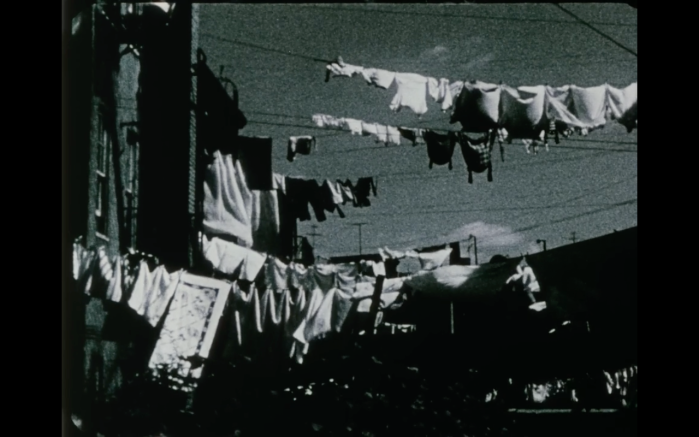
“….for the first time, I don’t feel alone in America” – Jonas Mekas.
Semalam pertama kali nak cuba tonton filem Jonas Mekas, Reminiscences of A Journey To Lithuania (1972) tapi takut mengantuk sebab tak biasa dengan bentuk filem begini – ‘film diary’.
Dari segi suntingan dan sinematografi mungkin tak secanggih mana, tapi setiap bingkainya dikonstruk dengan penuh makna. Bahkan lagi cantik dari bingkai-bingkai filem yang orang selalu anggap lawa. Rasa intimate mendengarkan kisah yang disampaikan beliau.
Rasanya saya tak pernah bagi rating untuk filem, tapi filem ini memang layak dapat 10/10. Seronok betul menontonnya. Harap dapat peluang untuk menonton di panggung atau di Wayang Budiman ke. Haha.
Bagi sesiapa yang kurang maklum, Jonas Mekas adalah pembikin filem yang terkenal dengan jolokan “godfather of of American Avant-Garde Cinema”, pengkritik filem di kolum Movie Journal di The Village Voice, pengasas majalah filem Film Culture bersama abangnya dan juga menubuhkan Anthology Film Archives, antara pusat arkib filem-filem avant-garde yang terbesar di dunia.
Bercakap pasal filem ini pula, ceritanya mengenai kembara pulang Jonas Mekas dan abangnya Adolfas ke tanah kelahiran mereka, Lithuania.
Terdiri daripada tiga bahagian iaitu,
“The first part is made up of footage I shot with my first Bolex, during my first years in America, mostly from 1950-1953. It shows me and my brother Adolfas, how we looked in those days; miscellaneous footage of immigrants in Brooklyn, picnicking, dancing, singing; the streets of Williamsburg.
The second part was shot in August 1971, in Lithuania. Almost all of the footage comes from Semeniskiai, the village I was born in. You see the old house, my mother (born 1887), all the brothers, goofing, celebrating our homecoming. You don’t really see how Lithuania is today: you see it only through the memories of a Displaced Person back home for the first time in twenty-five years.
The third part begins with a parenthesis in Elmshorn, a suburb of Hamburg, where we spent a year in a forced labor camp during the war. After the parenthesis closes, we are in Vienna where I see some of my best friends – Peter Kubelka, Hermann Nitsch, Annette Michelson, Ken Jacobs. The film ends with the burning of the Vienna fruit market, August, 1971.”